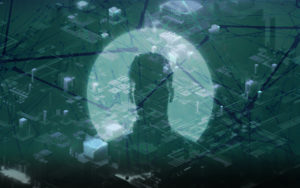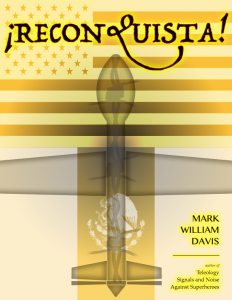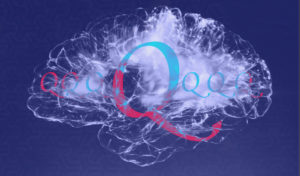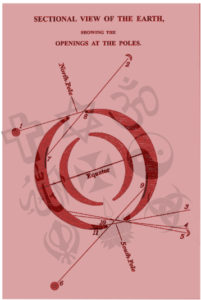 I just finished planting one of my two urban garden plots here in Southern New Mexico. The circles had been left unattended and later covered with weed-control fabric that I topped with rock a few years ago when I visited from our Arizona home and discovered a vexing and disturbing collection of items buried in the soil. There was a child’s ball, a partially melted white candle, some marbles, a variety of small bones and strange animal remains, indeterminate masses of red and brown, unusual feces, and large pork chop bones. A shrine to strange, ancient deities? The remains of an ancient civilization? Our security camera coverage and the gates and fencing ruled out human activity. So we were left with wild animals, specifically gray foxes with long bushy tails that appear integrated into our little downtown community. We see them on the cameras early in the morning hours, typically, and they do some rather odd things, so the notion that they were collecting interesting items and burying them did not seem unreasonable. We also observed one fox flipping a piece of torn paper plate in the air in front of an unimpressed cat crouching nearby. Foxes will sometimes do similar jumping behavior as a method for mesmerizing their prey, but why bury a melted candle? Perhaps it smelled just enough like food that the fox thought it might come in handy during lean times later. And the child’s toy ball? Plastic odors might also resemble food. Maybe.
I just finished planting one of my two urban garden plots here in Southern New Mexico. The circles had been left unattended and later covered with weed-control fabric that I topped with rock a few years ago when I visited from our Arizona home and discovered a vexing and disturbing collection of items buried in the soil. There was a child’s ball, a partially melted white candle, some marbles, a variety of small bones and strange animal remains, indeterminate masses of red and brown, unusual feces, and large pork chop bones. A shrine to strange, ancient deities? The remains of an ancient civilization? Our security camera coverage and the gates and fencing ruled out human activity. So we were left with wild animals, specifically gray foxes with long bushy tails that appear integrated into our little downtown community. We see them on the cameras early in the morning hours, typically, and they do some rather odd things, so the notion that they were collecting interesting items and burying them did not seem unreasonable. We also observed one fox flipping a piece of torn paper plate in the air in front of an unimpressed cat crouching nearby. Foxes will sometimes do similar jumping behavior as a method for mesmerizing their prey, but why bury a melted candle? Perhaps it smelled just enough like food that the fox thought it might come in handy during lean times later. And the child’s toy ball? Plastic odors might also resemble food. Maybe.
The New Mexico foxes, skunks, raccoons, and, I’m informed, some formerly pet coatimundi that wander in the area (but we’ve never seen), as well as the javelina, coyotes, deer, bobcats, and foxes around our Arizona forest home, are certainly influential in my Tusker Long project that tries to tackle an alien world where the worker slave animals have broken from their chains of servitude and simplicity to dominate society and come to grips with their own limits, prejudices, and historical animosities (perfectly wrong word, that).… Read the rest







